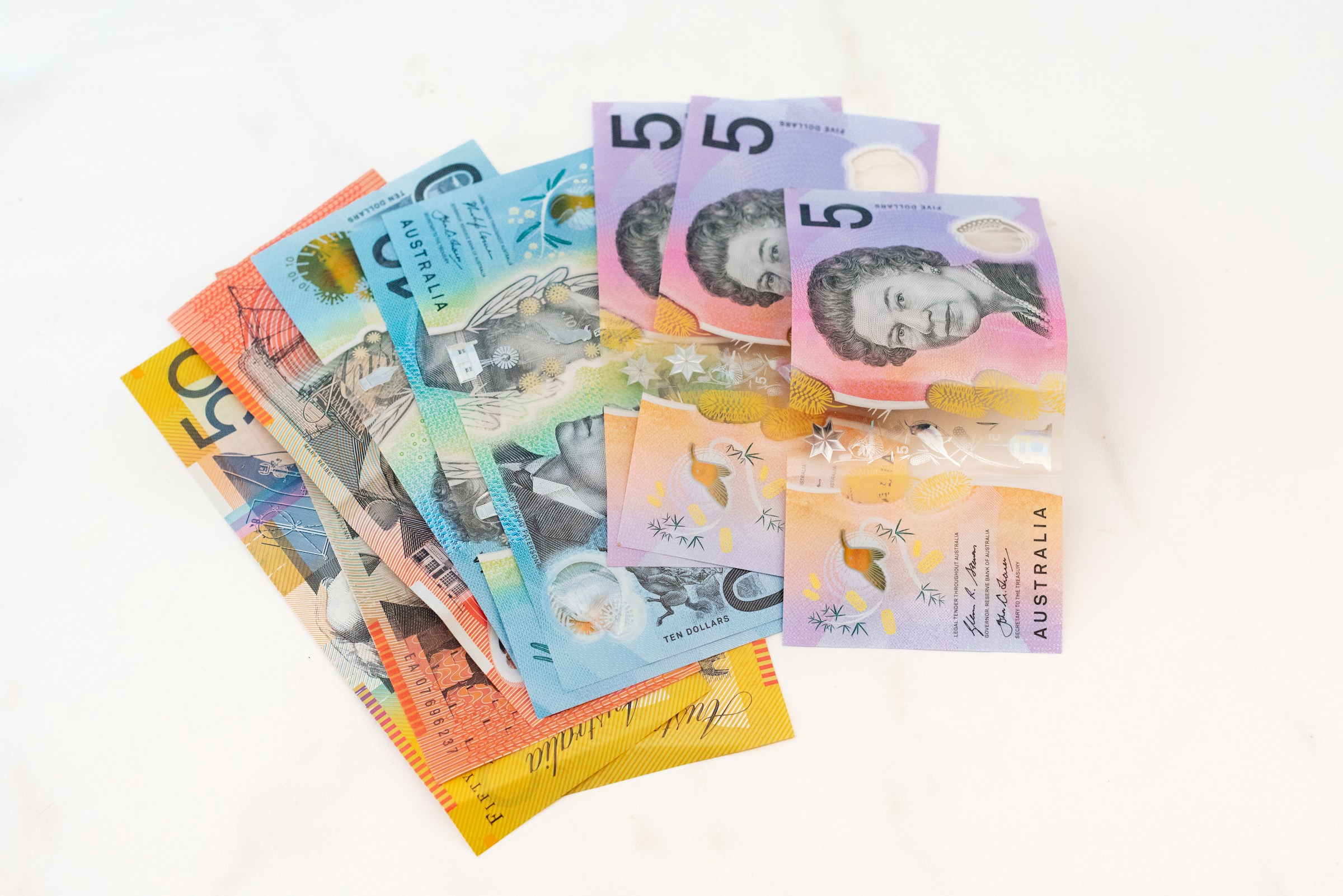
In Australia, exchanging foreign currency often incurs high fees and rates. Learn how to navigate this for lower costs and secure transactions.
Australia is a country known for its beautiful landscapes, vibrant cities, and a diverse culture. It’s no surprise that many individuals and businesses engage in international trade and travel, necessitating the exchange of foreign currency.
However, the process of exchanging foreign currency can be marred by high fees and unfavourable exchange rates. In this blog post, we will delve into the intricacies of foreign currency exchange in Australia, shedding light on legitimate methods to possibly reap lower fees and ensure the security of your foreign currency.
Foreign Exchange in Australia
In Australia, foreign exchange is a common need, whether you are a tourist, an international business, or an individual managing overseas investments. However, it’s essential to be cautious about the fees and security measures associated with foreign currency exchange.
The Forex Market in Australia
Australia’s foreign exchange is substantial and highly competitive. It operates 24 hours a day, five days a week, making it one of the most accessible and liquid markets globally. With a range of financial institutions, banks, and specialised forex providers, Australians have several options for exchanging foreign currency. However, choosing the right method can make a significant difference in the fees you pay.
Foreign Exchange Fees
One of the primary concerns when exchanging foreign currency in Australia is the fees involved. These fees can significantly impact the amount of foreign currency you receive. Here are some common fees associated with foreign currency exchange:
- Conversion Fee: This is the fee charged for converting your Australian Dollars (AUD) into the foreign currency of your choice. It can range from one to three per cent of the total amount.
- Commission: Some currency exchange providers charge a commission on the transaction, which can be a fixed fee or a percentage of the exchanged amount.
- Spread: The spread represents the difference between the buy and sell rates offered by the provider. A wider spread means you’ll get a less favourable exchange rate.
- ATM Withdrawal Fees: When using ATMs abroad, you may be subject to fees from both the foreign bank and your Australian bank.
- Minimum Transaction Fees: Some providers impose minimum transaction fees, meaning you’ll pay a fixed amount regardless of the exchange amount.
Reducing Forex Fees in Australia
Reducing foreign exchange fees in Australia requires a bit of research and some smart choices. Here are some legitimate methods to exchange foreign currency without paying exorbitant fees:
- Choose Your Provider Wisely: Research and compare the exchange rates and fees offered by different providers. Online comparison tools and websites can help you find the best deals. Consider using non-bank providers like special forex companies, as they often offer more competitive rates and lower fees.
- Use Peer-to-Peer Currency Exchange: Platforms like Wise (formerly TransferWise) allow you to exchange currency with other users at the real exchange rate. This can often be cheaper than traditional forex services.
- Open a Multi-Currency Account: Some digital banks offer multi-currency accounts, allowing you to hold and exchange foreign currencies without the need for frequent exchanges. This can help you time your conversions more advantageously.
- Avoid Airport and Hotel Currency Exchanges: Airport and hotel currency exchange services are notorious for offering less favourable rates and higher fees. Avoid using them whenever possible.
- Consider Prepaid Travel Cards: Prepaid travel cards allow you to load multiple currencies and use them while travelling. They often have lower fees compared to regular credit or debit card transactions.
Security for Foreign Currency
In addition to lower fees, it’s crucial to prioritise the security of your foreign currency. Here are some tips for keeping your foreign currency safe:
- Choose Reputable Providers: Only deal with established and reputable forex providers. Look for those regulated by relevant authorities.
- Use Secure Payment Methods: When making large transactions, consider using secure payment methods like bank transfers or secure online platforms. Avoid carrying large sums of cash when you’re out and about. Some travellers recommend securing an emergency trove in your locked luggage.
- Keep Records: Maintain a record of all your foreign exchange transactions, including receipts, exchange rates, and dates. This can be helpful for tax purposes and dispute resolution.
- Be Cautious with ATMs: When using ATMs abroad, be vigilant for any unusual activity, such as skimming devices. Use ATMs in secure locations, like bank branches.
- Consider Travel Insurance: Some travel insurance policies provide coverage for lost or stolen currency. Check if your insurance policy includes this feature.
Conclusion
Exchanging foreign currency in Australia is a common necessity, but it doesn’t have to come with exorbitant fees. By choosing the right providers, being aware of the fees involved, and prioritising security, you can make the most of your foreign currency exchanges.
Whether you’re a frequent traveller or an international business, the ability to exchange foreign currency without breaking the bank is a valuable skill that can save you money and provide peace of mind.
So the next time you’re in need of foreign currency, remember to shop around, compare your options, and make informed decisions to get the most out of your money.
DISCLAIMER: This article is for informational purposes only and does not constitute official financial advice. QUICKLE does not have any partnerships or affiliations with the foreign currency exchange vendors or platforms mentioned in this article.
